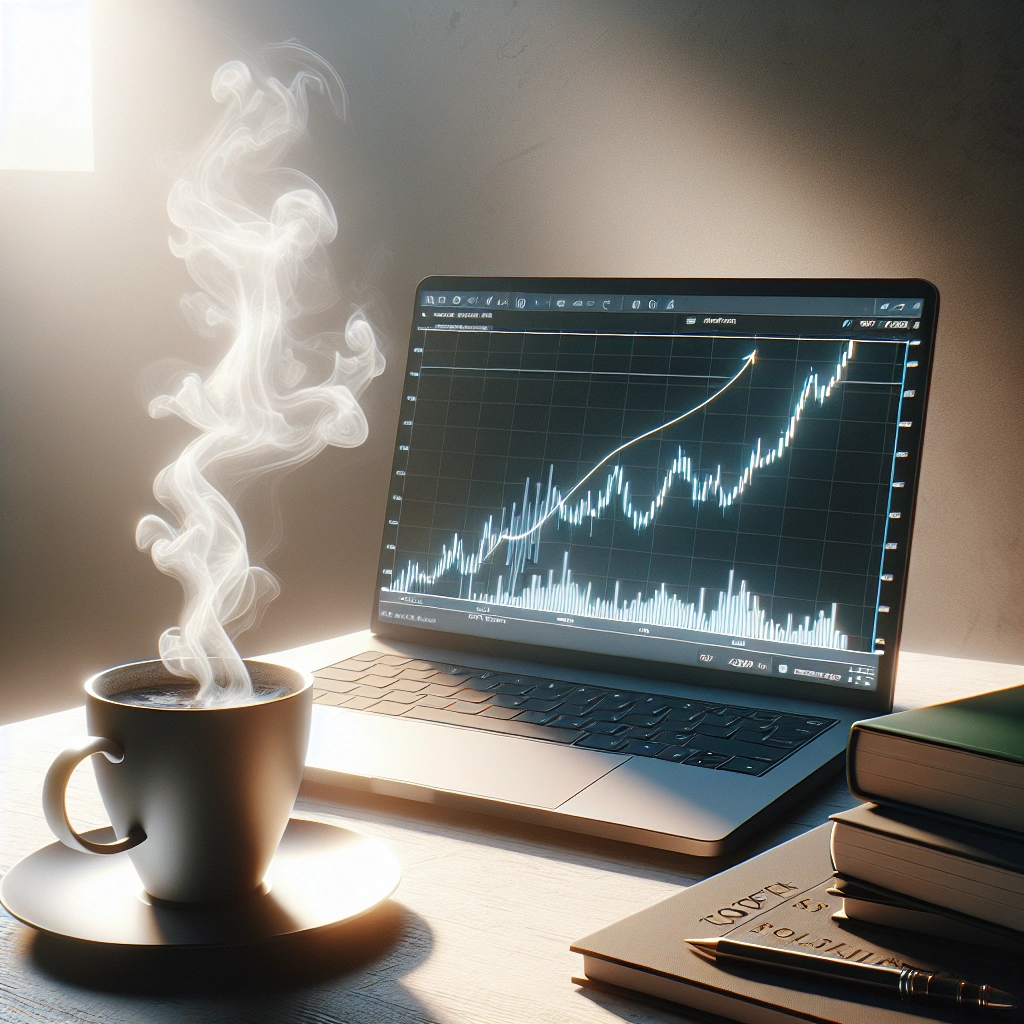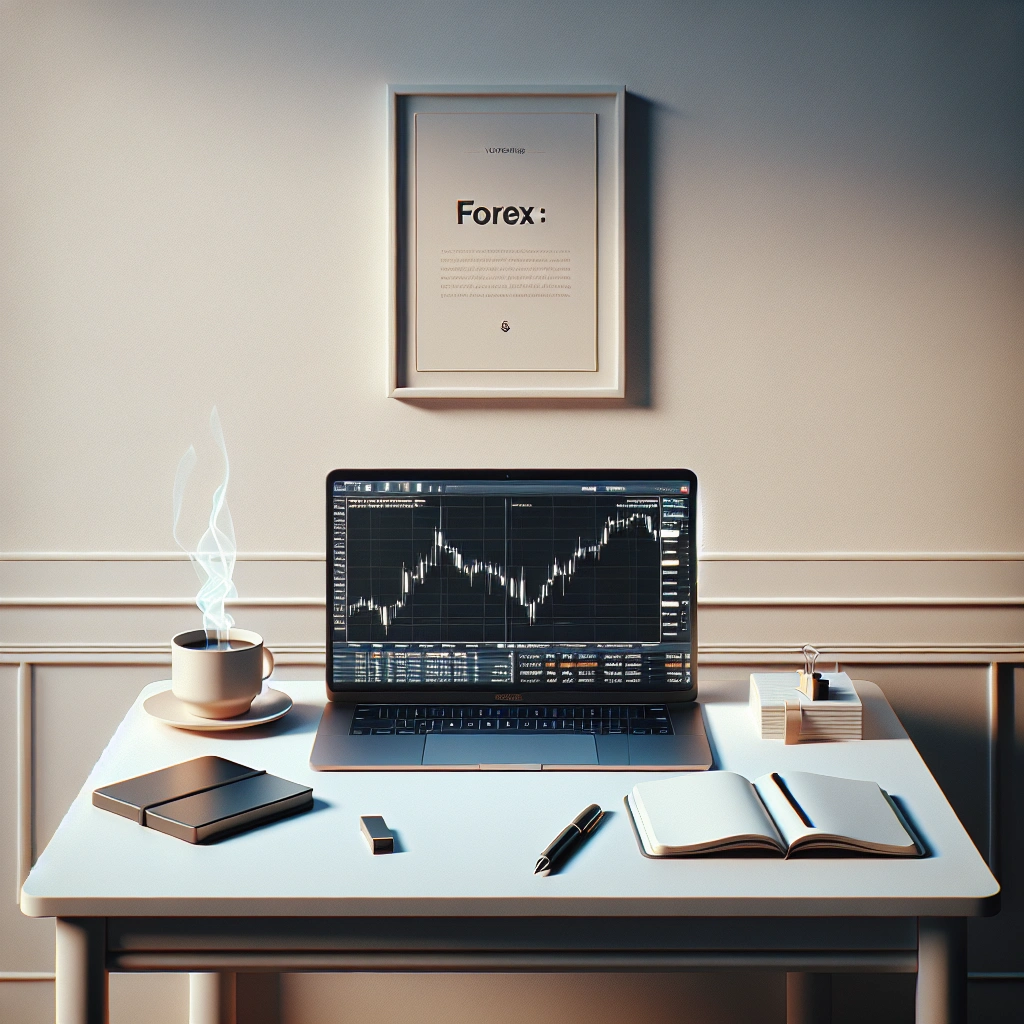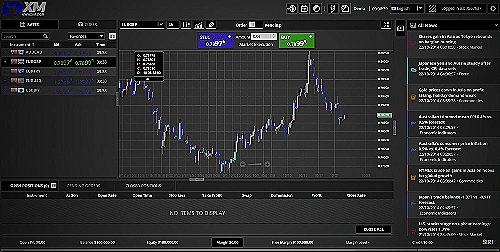The Basics of FX Trader
FX trader, also known as a forex trader, is an individual or entity that participates in the foreign exchange market by buying, selling, or exchanging currencies. This type of trader often engages in speculation and hedging to take advantage of the constantly changing currency exchange rates.
Hailing from all walks of life, from financial institutions to independent traders participating through online platforms, fx traders aim to profit from the fluctuations in currency pairs. With the ability to trade 24 hours a day, five days a week, the foreign exchange market is the largest and most liquid market globally.
This makes it an area of great interest to experienced and amateur traders alike.

Essential Training and Education for Aspiring FX Traders
New entrants into the world of forex trading must acquire a solid understanding of how the fx market operates, the factors affecting currency exchange rates, and the tools and platforms necessary for successful trading.
-
Comprehensive Learning Resources: To navigate the complexities of forex trading, beginners can access numerous online courses, tutorials, and webinars provided by reputable brokers or independent education platforms. These resources cover critical topics such as market analysis, risk management, and trading strategies.
The goal is to build a strong foundation of knowledge before executing trades.
-
Open a Practice Account: Upon establishing a fundamental understanding of forex trading, potential fx traders are encouraged to open a practice account with a broker to execute simulated trades with virtual money. This offers a risk-free environment to test strategies and familiarize oneself with a broker’s trading platform.
-
Seek Mentorship: Aspiring fx traders can significantly benefit from mentorship by aligning themselves with experienced industry professionals, joining trading communities, or seeking guidance from successful traders through social media platforms or forex forums. This interaction facilitates the sharing of knowledge, market insights, and firsthand experiences, accelerating the learning curve for newcomers.

The Significance of Discipline in Forex Trading
The realm of forex trading demands unwavering discipline, as erratic emotions and impulsive decisions can severely impact trading outcomes. Wise and seasoned fx traders understand that discipline is the bedrock of sustainable trading success.
Key aspects encompassed by trading discipline include:
-
Adhering to a Trading Plan: Establishing a well-defined trading plan is incumbent upon an fx trader to mitigate risk and preserve capital. The plan should outline entry and exit strategies, risk tolerance levels, profit targets, and allocation of trading capital.
By adhering to such a plan, traders are less susceptible to impulsive decisions brought forth by market volatility.
-
Emotional Regulation: The forex market can stir waves of emotions like fear and greed. Successful fx traders exhibit the ability to detach from these emotions, enabling them to make rational decisions based on market analysis and predetermined parameters.
Emotional stability is further reinforced by practicing risk management and adhering to a well-structured trading plan.
-
Continuous Learning and Adaptation: As the forex market constantly evolves, competent fx traders remain agile by consistently updating their market knowledge, refining their trading strategies, and adapting to shifts in market sentiment and trends. Embracing the learning process enables traders to evolve with the ever-changing market dynamics, fostering long-term success.

Risk Management Strategies for Forex Traders
Mitigating risk is paramount in forex trading, as market volatility and unpredictability can present significant financial perils. Proficient fx traders employ several risk management strategies to safeguard their capital and preserve trading sustainability:
-
Position Sizing: Fx traders calculate the ideal position size for each trade based on their risk tolerance levels, account balance, and the currency pair’s volatility. By capping the percentage of one’s trading capital exposed to a single trade, traders effectively minimize potential losses while maximizing potential gains.
-
Utilization of Stop-loss Orders: Stop-loss orders are instrumental in fx trading, enabling traders to predetermine the maximum loss they are willing to incur on a trade. By placing stop-loss orders at strategic price levels, traders protect their positions from adverse market movements, thereby curbing potential losses.
-
Diversification of Trades: Seasoned fx traders diversify their trading portfolios by engaging in multiple currency pairs, thereby spreading their risk exposure. Diversification serves as a protective hedge, as losses incurred from one trade may be offset by gains from other trades, promoting overall portfolio stability.
The Advantages of Automated FX Trading Systems
Automated forex trading systems, often referred to as expert advisors (EAs), are algorithm-based software designed to execute trades on behalf of traders. These systems bring forth several benefits for fx traders:
-
Elimination of Emotional Bias: Automated trading systems operate based on predefined criteria, eliminating the impact of emotional decision-making that can hinder trading performance. This ensures a consistent, disciplined approach to trading.
-
Enhanced Trade Execution Speed: EAs can instantaneously enter and exit trades according to predefined parameters, seizing fleeting trading opportunities within the fast-paced forex market that manual traders may overlook. Swift trade execution can be fundamental in attaining optimal pricing and maximizing profits.
-
Back-testing and Optimization: Automated trading systems allow fx traders to conduct historical back-testing to assess the efficacy of their trading strategies. By analyzing past market data, traders can optimize their EAs, fine-tuning their performance and ensuring robustness in live trading environments.
The world of forex trading is characterized by its complexities, dynamism, and the potential for substantial financial gain. By familiarizing oneself with the intricacies of forex trading, embracing discipline and robust risk management strategies, and leveraging technology to streamline trading activities, aspiring fx traders can embark on a journey toward sustainable success in the foreign exchange market.

Trading currencies in the foreign exchange market requires knowledge, discipline, and the ability to adapt to changing market conditions.
Frequently Asked Questions
Is FX Trader seriös?
Forex trading is a serious and legitimate activity, but it’s important for traders to be cautious and well-informed to avoid scams and fraud.
What is a FX fee?
An FX fee, also known as a foreign exchange fee, is a charge applied to transactions made in a currency different from the one in the account, often ranging around 2.99%.
Where does the money come from when trading?
In forex trading, the money comes from the difference between the buying and selling prices of currencies, and also through fees charged by brokers for executing trades.
Is Forex trading difficult?
Forex trading can be challenging, as it requires experience, knowledge, and a strategic approach to be successful. However, with the right skills and mindset, it can be manageable.
What does a Forex trader do?
A Forex trader buys and sells different currencies with the aim of making a profit from the fluctuations in exchange rates. They analyze the market, make trading decisions, and manage their positions.
Is Forex trading legal?
Forex trading is legal in Germany, with brokers being regulated by the Federal Financial Supervisory Authority (BaFin) to ensure the safety and security of traders.
How is Forex trading taxed?
In Germany, forex trading profits are subject to a 25% capital gains tax, with additional charges such as the solidarity surcharge and church tax based on the individual’s situation.
Can you make money with Forex trading?
It is possible to make money with forex trading, but it requires a good understanding of the market, effective strategies, and disciplined risk management.
What is an FX portfolio?
An FX portfolio is a collection of foreign exchange investments held by a trader, which may include different currencies and is often managed to maximize profits while minimizing risks.
How much can a Forex trader earn?
The potential earnings of a Forex trader can vary, but experienced traders with effective risk and money management can aim to earn around $50 to $150 per day, depending on their trading strategy.